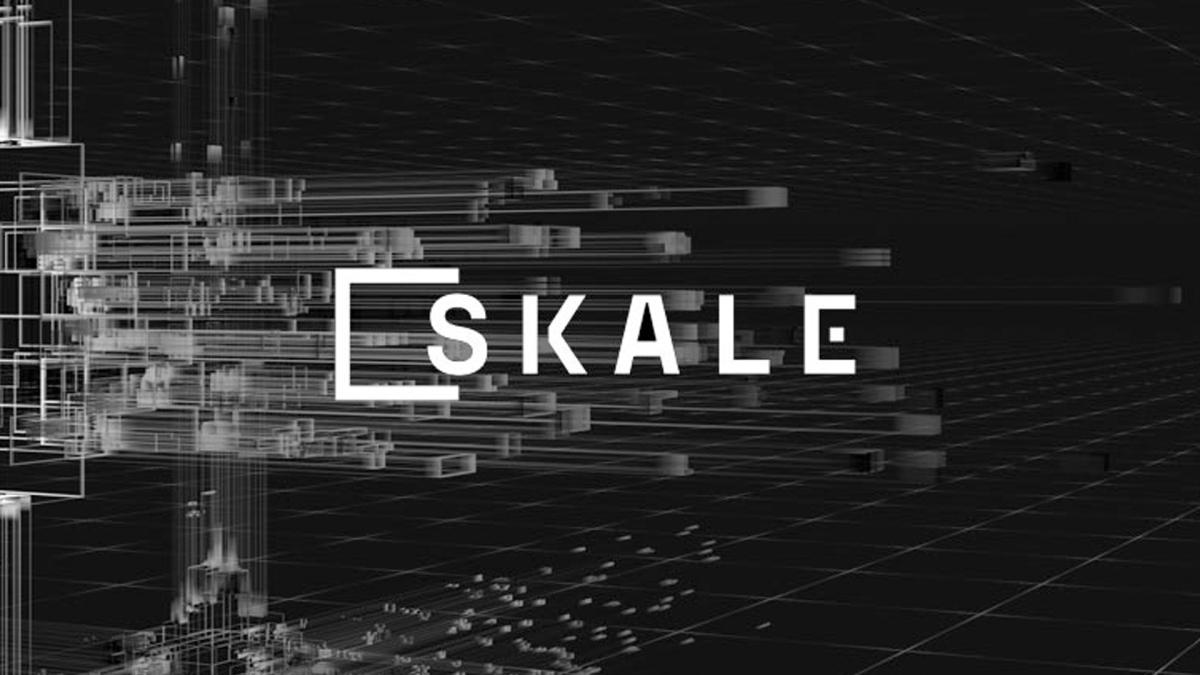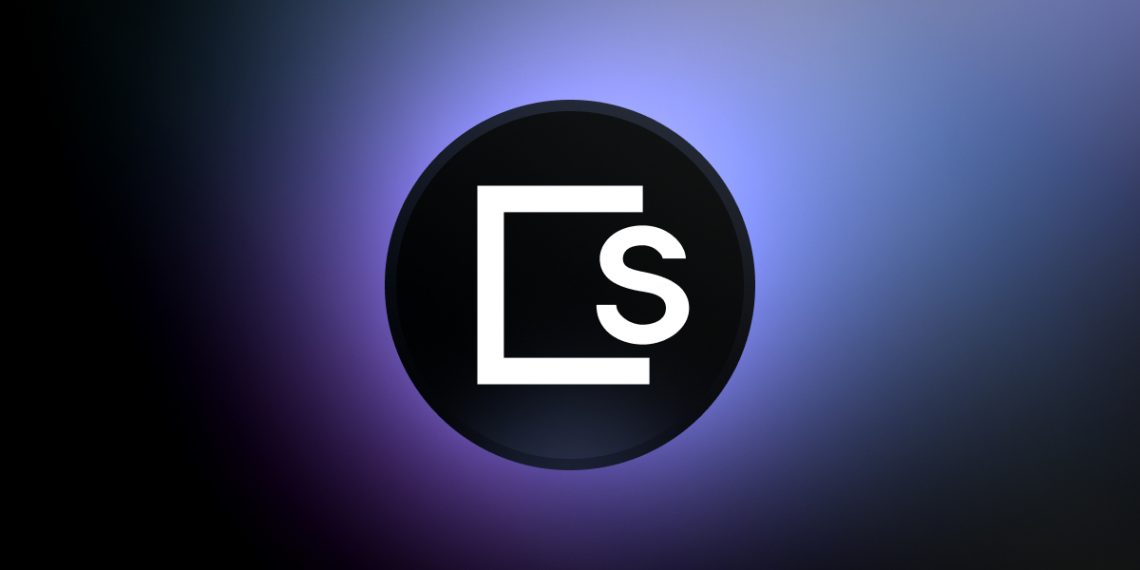Notifications

10 minutes, 24 seconds
-79 Views 0 Comments 0 Likes 0 Reviews

As artificial intelligence increasingly intersects with the decentralized web, a critical challenge emerges: scalability. Web3’s foundational architecture—rooted in security and decentralization—was not originally designed to accommodate the data-intensive, compute-heavy requirements of AI. Traditional blockchain platforms struggle with throughput limitations, high transaction costs, and latency issues. For AI to truly thrive in the decentralized world, these barriers must be addressed. This is where SKALE enters the scene as a transformative infrastructure, unlocking a scalable, efficient, and cost-effective environment for AI. In this article, we explore how SKALE solves the AI scaling bottleneck in Web3 and why its design could shape the future of intelligent decentralized applications.
AI and blockchain are fundamentally different in how they handle data and computation. AI relies on vast amounts of data processed in real-time or near-real-time. Machine learning models, especially those supporting applications like generative AI, autonomous agents, or decentralized recommendation engines, require enormous computational resources and rapid feedback loops.
Web3 platforms, on the other hand, were built with other priorities: trustlessness, immutability, and censorship resistance. These attributes, while foundational to the decentralized ethos, come with performance trade-offs. Most Layer-1 blockchains suffer from:
Low throughput: Limited transactions per second (TPS).
High gas fees: Every interaction, computation, or storage request incurs a cost.
Latency: Finality and block times make it hard to support real-time AI interactions.
Centralized scaling workarounds: Many developers revert to Web2 cloud solutions, undermining decentralization.
These bottlenecks create a fundamental mismatch. For AI to operate within Web3 without compromising performance or decentralization, a different kind of blockchain infrastructure is required—one that removes gas fees, enhances speed, and is tailored to AI's compute needs. This is where SKALE’s architecture stands apart.
SKALE is not just another Layer-1 blockchain. It’s a network of interoperable, application-specific blockchains—called SKALE Chains—that provide elastic and configurable environments tailored to an application’s needs.
This modular, multi-chain design allows developers to deploy their dApps on dedicated SKALE Chains with isolated resources. AI dApps benefit immensely from this because:
No shared congestion: Each app runs on its own chain, eliminating the risk of network slowdowns due to unrelated traffic.
Customization: Chains can be configured based on the type and volume of AI processing required.
Horizontal scalability: Developers can spin up multiple chains to parallelize AI workloads.
By offering high-performance, gasless chains optimized for dApp-specific computation, SKALE sidesteps the fundamental limitations that other chains face. This elasticity enables AI applications to scale without the traditional constraints of cost or speed.
AI applications often need to interact with data, run computations, and update models frequently. On most blockchains, such constant interactions would be prohibitively expensive due to gas fees.
SKALE AI solves this through a unique fee model. Instead of users or developers paying per transaction, validators are compensated through a pooled subscription-based model. This effectively eliminates gas fees at the user level.
The implications for AI are enormous:
Frequent inference and training cycles: Developers can update models or run predictions continuously without worrying about cost.
Edge-based AI agents: Autonomous agents operating on-chain can act in real time without accruing unsustainable fees.
Microservices for AI: Services like AI-based identity verification, sentiment analysis, or anomaly detection can operate natively on-chain with zero friction.
By removing the cost barrier, SKALE allows AI to become truly interactive and dynamic in a decentralized setting.
AI systems need fast response times—especially in applications involving user interaction, prediction markets, or dynamic NFTs. Blockchains with multi-second finality and low TPS struggle to meet these demands.
SKALE’s asynchronous architecture supports:
Fast block times (~1 second)
High transactions per second (>2,000 TPS per chain)
Instant finality for most dApps
Because each SKALE Chain operates independently, AI dApps can be engineered to handle workloads without being impacted by other applications on the network. This localized control over performance is particularly valuable for applications like real-time decision-making in decentralized autonomous organizations (DAOs) or on-chain AI assistants.
Additionally, SKALE’s BLS-based consensus and optimized validator orchestration allow for faster execution of smart contracts—an essential factor for AI logic and model interactions embedded within smart contracts.

Another major hurdle in deploying AI in Web3 is data and model storage. AI models, especially large language models or image recognition frameworks, can be hundreds of megabytes to gigabytes in size.
Traditional blockchains are ill-suited to store this volume of data directly on-chain due to cost and space constraints. SKALE solves this by offering on-chain file storage that is both fast and cost-efficient.
This opens the door to:
Storing AI models directly on-chain, enabling verifiable, immutable deployment.
Maintaining training datasets on-chain for transparency and auditability.
Accessing ML assets natively from smart contracts, enabling autonomous model execution.
With storage capabilities integrated into the chain, AI and Web3 no longer need to straddle two worlds. Everything from training data to models and inference logic can be executed within the same trustless environment.
In many AI use cases, especially federated learning or swarm intelligence, workloads are distributed across multiple nodes or agents. These components need to coordinate, share updates, and collaborate effectively.
SKALE’s Interchain Messaging Agent (IMA) enables seamless communication between SKALE Chains and external Layer-1s like Ethereum. This facilitates:
Cross-chain AI orchestration: Different parts of a model (e.g., inference engine, data ingestion module) can run on different SKALE Chains and communicate efficiently.
Ethereum interoperability: AI models hosted on SKALE can still interact with Ethereum-based assets, contracts, or governance systems.
Multi-agent coordination: AI agents running on different chains can act in a cohesive, synchronized manner.
This robust communication layer transforms SKALE into a distributed, multi-agent AI execution environment—ideal for next-gen dApps.
Several use cases demonstrate the power of SKALE for AI in Web3:
AI-Driven DAOs: Governance algorithms that adapt dynamically to user behavior or market sentiment, running entirely gas-free and in real time.
Decentralized Recommendation Engines: Personalized NFT or DeFi product recommendations executed on-chain using AI without latency or cost barriers.
On-Chain Game NPCs: AI-powered characters in blockchain games that adapt to player behavior, with real-time learning and no transaction fees.
Autonomous Economy Agents: Bots and agents that interact with DeFi protocols, execute trades, or rebalance portfolios using ML models embedded within SKALE smart contracts.
These examples illustrate how SKALE AI is not just theoretical—it is ready to power tangible, intelligent decentralized systems.
The convergence of AI and Web3 represents one of the most transformative opportunities in technology. But this convergence requires infrastructure that respects both the compute demands of AI and the decentralized principles of blockchain.
SKALE delivers this convergence by solving the AI scaling bottleneck with its elastic, modular, high-performance architecture. It allows AI applications to operate at scale without compromising on cost, speed, or decentralization. Whether it’s real-time decision-making, autonomous agents, or on-chain data science, SKALE provides the foundational fabric for intelligent Web3 applications to flourish.
In this context, SKALE AI emerges not merely as a technical upgrade, but as a paradigm shift—paving the way for a decentralized future where AI can operate freely, efficiently, and ethically.

